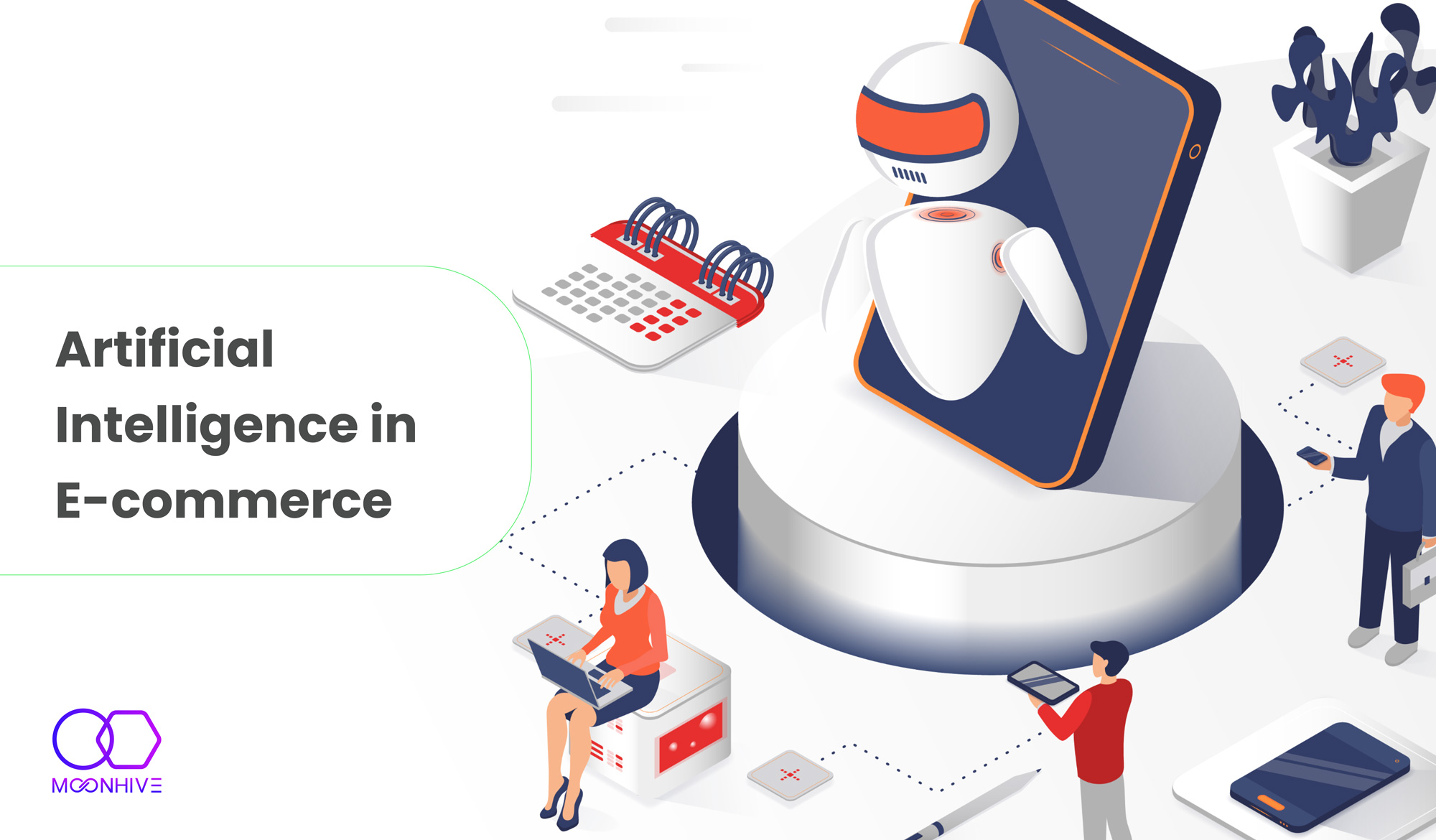Sustainability in IT: Strategies for Eco-Friendly Business Operations

Data Analytics for Decision-Makers: Harnessing Insights for Growth

Why You Need an App for Your Business in 2024


I recently bought a kitten from an online pet shop. Having a pet for the first time, I had no clue about parenting a pet. So I thought of taking advice and lessons from google god. Surprisingly, I started getting tips on how to take care of the feline family on my mobile phone without typing my queries. Startled and amused with the pop-ups and messages, I started to think about how my phone was able to read my mind.
Later I understood it’s not that Deja vu thing… It’s simply Artificial Intelligence.
E-Commerce is inculcating Artificial Intelligence to identify behavioral patterns based on purchase history, browsing, account information, etc. These data form the basis of creating customized recommendations for each customer. (And that’s how I got my kitten query pop-ups).
The E-Commerce industry with Artificial Intelligence is one that boomed beyond predictions during the pandemic. Artificial Intelligence can acquire and analyze a large volume of data and provide decisions accordingly. Many E-Commerce industries started using different forms of Artificial Intelligence to understand their customers deeply and provide an enhanced customer experience.
Artificial Intelligence is the science and engineering of imparting abilities to a machine for performing a task that reduces human effort.
Artificial Intelligence helps E-Commerce to get closer to their customers by creating personalized shopping experiences for online buyers.
customer-centric online searches
Studies conducted by Adobe with YouGov show that 56% of 7000 survey respondents opted towards online purchasing that utilized Artificial Intelligence due to great user-friendly experience, good service, and affordable prices.
Machine Learning (ML) , an application of AI, helps in providing the right data and messages to the customers by analyzing which stage of buying they are in. Companies like Netflix (media service providers) use Artificial Intelligence to predict users’ likes based on their historical activities.
Artificial Intelligence is a vital component for Digital Marketing as it helps businesses set up the required marketing touchpoints. Customers’ buying decisions depend on these interactive touchpoints, giving a clear picture to the online retailers on what works and what does not for customers.
Our online markets are bombarded with several products and services, innumerous touchpoints, and enormous data. E-Commerce partnering up with Artificial Intelligence will show a tremendous change in efficiency, customer satisfaction, transactions, and many more.
Artificial Intelligence is inevitable in the E-Commerce industry for the growth and expansion of companies to remain competitive in the market.



